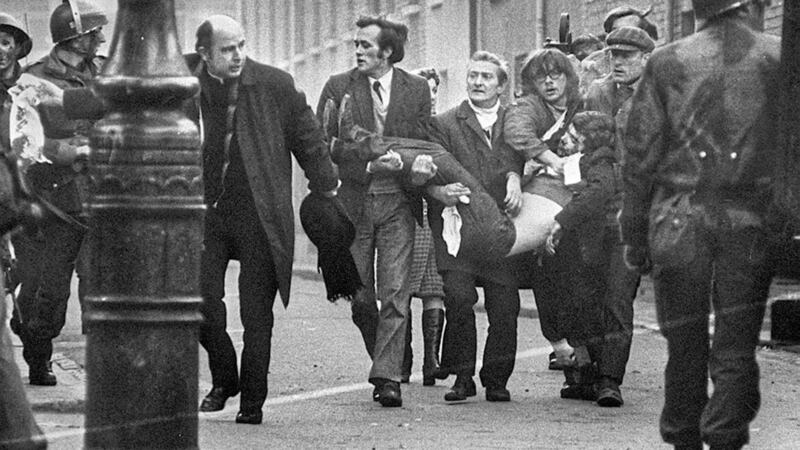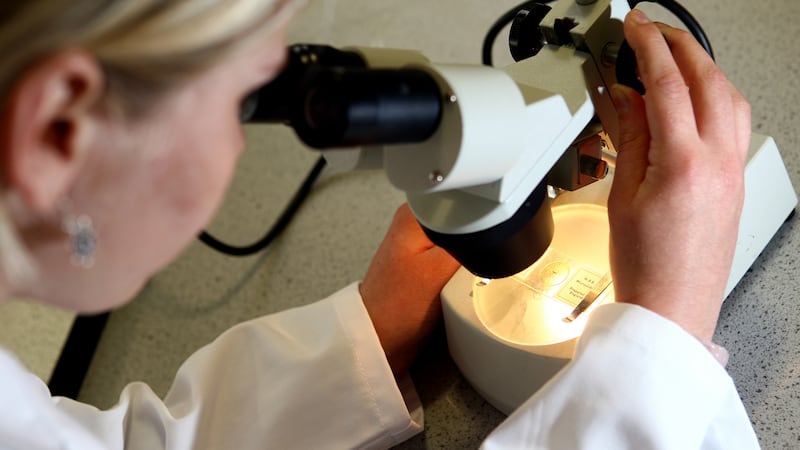PUNISHING levels of compensation should be paid out to Bloody Sunday victims for 38 years of state lies about the shootings, the High Court heard yesterday.
Counsel for one man shot in the face by a soldier in Derry argued that the cover-up had been so outrageous and prolonged that the most punitive damages is justified.
Michael Quinn also recalled how he felt an "explosion" of bone and blood when was hit while trying to run for cover as a 17-year-old schoolboy.
Thirteen people were shot dead when British Army paratroopers opened fire on civil rights demonstrators in the city in January 1972. One of the others wounded on the day died later.
In 2010 a major inquiry chaired by Lord Saville said those killed or injured on Bloody Sunday were innocent.
Following those conclusions the then British Prime Minister David Cameron issued a public apology for the actions of the soldiers.
Claims have been brought against the Ministry of Defence by those bereaved or wounded.
With liability accepted, three test cases have been selected for arguments on the level of damages.
The court heard how Mr Quinn, now aged 63, was so badly wounded that he received the Last Rites in hospital.
An A-Level student at St Columb's College at the time of Bloody Sunday, he had gone with friends to the Northern Ireland Civil Rights Association march.
But after the army started firing he fled from the Rossville Street area amid growing fears at the unfolding events.
While taking shelter he recalled seeing the body of Michael Kelly, one of those fatally wounded, being carried.
As others began to surge into the area, shouting that soldiers were coming in, Mr Quinn headed, crouched down towards an alley.
He had just made it over a raised area when the bullet hit him.
"Just below my eye I could physically see droplets of blood and bone and skin exploding from my face," he said.
He also recalled seeing someone fall beside him.
"I saw his head hit the pavement, he hadn't put out his arms to break the fall."
That man turned out to be James Wray, another of those killed, who had asked Mr Quinn to help carry the civil rights banner earlier in the day.
Now a married father-of-three who has forged a successful career in banking, his barrister said he is reminded of Bloody Sunday every time he looks in the mirror.
Brian Fee QC argued that Mr Quinn should not only receive compensation for his facial injuries, but also aggravated and exemplary damages for being shot as a completely innocent boy.
He argued that a "very substantial sum" should be awarded for the prolonged cover-up of the truth.
"The state should be punished for the lies its servants told and persisted in right up to the conclusions of Saville."
David Ringland QC, for the Ministry of Defence, told the court he had been in discussions with the plaintiffs' representatives for more than six years after Mr Cameron recommended payments to the Bloody Sunday victims.
"That process proved unfruitful," he said.
Stressing how the defendant had not raised any argument over potential delay, he added: "In each case the only issue for the court is the assessment of damages."
The hearing continues.







